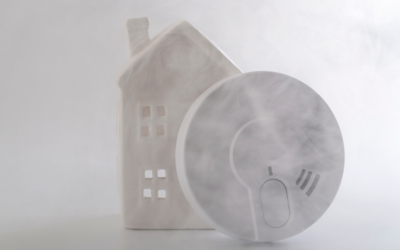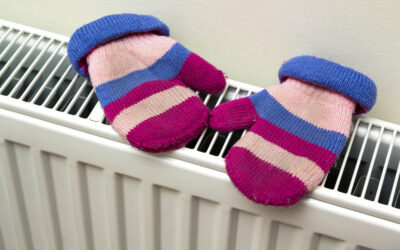A well-functioning HVAC system is essential for maintaining a comfortable and livable home environment. However, unexpected breakdowns can disrupt daily life and lead to discomfort, especially during extreme weather conditions. The good news is that proactive measures and early intervention can prevent many HVAC emergencies. In this blog post, we’ll explore valuable tips for homeowners to avoid sudden HVAC breakdowns and ensure uninterrupted comfort.
Early Signs of HVAC Issues
Recognizing the early warning signs of HVAC issues can avert significant problems and ensure the smooth operation of your heating and cooling system. Vigilance is crucial, as unusual noises, unfamiliar odors, irregular heating or cooling patterns, and unexpected energy bill surges can all indicate underlying problems. By promptly acknowledging and addressing these signs, homeowners can proactively prevent the escalation of these issues into more complex and potentially costly challenges in the future.
Regular Maintenance for Longevity
Regular professional maintenance is the cornerstone of a healthy HVAC system. Just as you wouldn’t skip regular check-ups with your doctor, your HVAC system also requires regular attention. Scheduled maintenance includes cleaning components, lubricating moving parts, inspecting electrical connections, and checking refrigerant levels. Regular maintenance helps catch minor issues before they escalate into major problems.
Air Filter Maintenance
Air filters are crucial in maintaining indoor air quality and preventing strain on your HVAC system. Make it a habit to change your air filters regularly, typically every 1 to 3 months. A clogged or dirty filter can hinder airflow and force your system to work harder, potentially leading to breakdowns.
Proper Thermostat Usage
Your thermostat settings can significantly impact your HVAC system’s efficiency. When the home is empty, consider setting the thermostat to energy-saving temperatures to reduce unnecessary strain on the system. Programmable and smart thermostats are excellent tools to optimize comfort while minimizing energy consumption.
Clearing Obstructions and Proper Airflow
Blocked vents, registers, or outdoor units can compromise airflow and strain your HVAC system. Ensure that air vents are unobstructed by furniture or other objects. Proper airflow is essential for even temperature distribution and efficient operation.
Regular Inspection of Ductwork
Well-maintained ductwork ensures efficient air distribution throughout your home. Inspect your ducts for leaks, damage, or dirt buildup. Professional duct cleaning and repairs can improve airflow and prevent HVAC system strain.
Weatherproofing and Insulation
Proper insulation and weatherproofing contribute to HVAC efficiency. Seal gaps, insulate windows, and use window treatments to regulate indoor temperature. These steps reduce the workload on your HVAC system and improve overall efficiency.
Emergency Preparedness
Despite preventive efforts, emergencies can still occur. Have a plan for HVAC emergencies, including contact information for HVAC professionals. Regular maintenance minimizes the risk of sudden breakdowns, but being prepared ensures you can address issues promptly if they arise.
In conclusion, preventing HVAC emergencies requires a combination of proactive measures and early intervention. By paying attention to early signs of issues, scheduling regular maintenance, changing air filters, using your thermostat wisely, ensuring proper airflow, inspecting ductwork, improving insulation, and being prepared for emergencies, you can safeguard your HVAC system and enjoy uninterrupted comfort throughout the year. Remember, a little prevention goes a long way in avoiding costly and inconvenient breakdowns.




